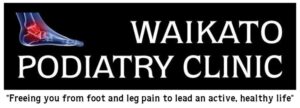How To Stop Feet Aching At Work
Getting Achy feet and legs during a long shift and when you come home from work is often mistaken for a "normal" occurence. After all, it's natural and almost inevitable that a long day on your feet will tire your legs and muscles out, causing them to ache, right?
Actually - it's not. Whether you're a nurse, retail or hospitality worker, tradie or you're in another profession that requires prolonged standing, fatigue and discomfort in your lower limbs are indeed a common occurence across the Waikato - but that doesn't make it normal or healthy. So if you've been been shrugging off these symptoms and assuming they're just "part of the job" that you have to put up with, taking extra steps to care for you foot health, we've got some helpful insights and tips you may not have considered that can help you work and feel your best each day.
Dispelling The Tired, Achy Feet Myth
Before we get into why our feet and legs get achy and what you can start doing today to help, it's important to understand that you are absolutely capable of having a long, full day on your feet without getting painful, achy feet. And this is true regardless of your age, though of course, it may be affected if you have certain medical conditions, like arthritis (in which case you can still be more comfortable on your feet than you currently are).
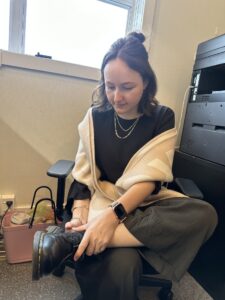
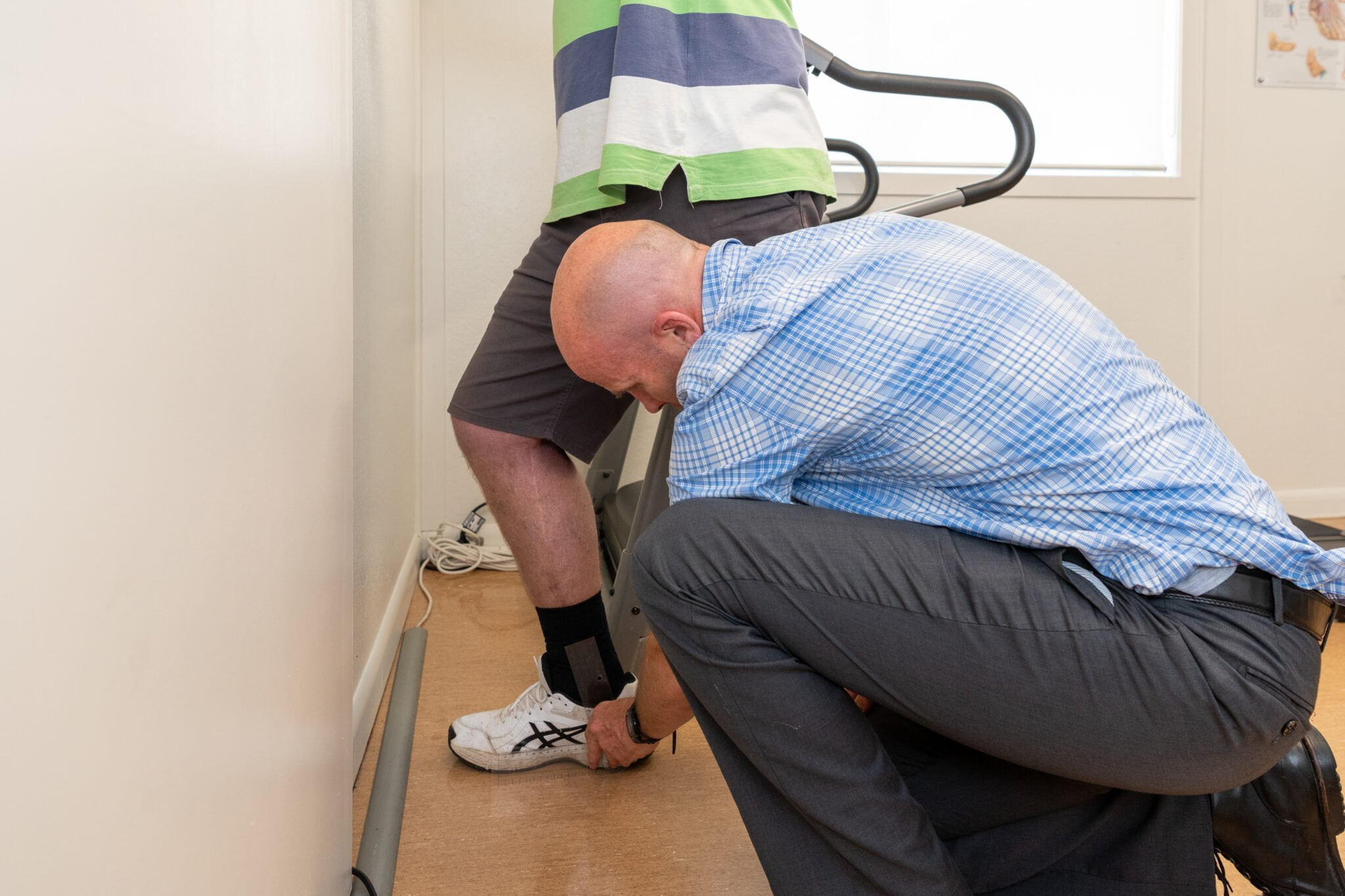
Think back to the generations before us. There was a lot less sitting. There was a lot more physical labour. And not just tie on the feet - more occupations involving heavy lifting, more exertive physical activity, more hunting and gathering. There was also softer surfaces at home for us to spend our days on, compared to today's hard flooring materials. The bottom line is that long days on the feet are not new - sitting for many hours each day for work is a much newer concept. And while undoubtedly some people may have struggled with foot discomfort at some points, the idea that a long day on your feet will certainly lead to foot aches was not the reality for many. And it still isn't - our podiatrists see countless patients each day for sports - related injuries (like runner's knee pain) whose occupations range from cheffing to farming to other roles that load up the feet, and when we ask them about any other foot-related complaints? Generalleg aches and foot fatigue are not on their list.
So then, the biggest question that most people have is:
Why Do My Feet And Legs Get Tired And Achy At Work?
Disclaimer: the only way to know exactly what's causing and contributing to your foot and leg aches in your specific circumstances is to have a podiatric assessment (called a biomechanical assessment) where we look at everything from your occupational and lifestyle habits to your foot posture, gait characteristics, muscle strength, the range of motion (flexibility) available across key joints, and more. With this said, general reasons why foot fatigue and pain can arise from prolonged standing for some people include:
Your Foot Structure or Biomechanics
When we talk about your foot biomechanics, we're talking about how your bones, joints, muscles nd ligaments all work together to produce movement. Naturally, our feet have individual differences - some people may have higher arches or lower arches, others put excess pressure through their heels, forefoot or the outer border of their feet - others may have a longer second metatarsal (the long bone) that can go on to have other consequences for the feet and legs. Some people may even have differences in the length of their legs. Whatever the differences, the results is that some people may be taking on more stress and pressure than others (as different foot structures load different areas of the foot), despite being in the same occupation and having the same demands placed on their bodies. Hece, they are more likely to experience foot aches and fatigue after a day on their feet.
The Surface You Work On
If you spend your day on hard, unforgiving surfaces like concrete, then your risk of foot and leg aches may be higher. This is because these firm surfaces naturally create groud reaction forces back through your feet. These forces are much more than the forces you experience from walking on softer surfaces like asphalt (which is ten times softer than concrete!), grass or carpet, for example. To be clear, working on firmer surfaces doesn't guarantee foot pain - it just means you'll benefit from taking some extra precautions and protective measures (like we've detailed below).
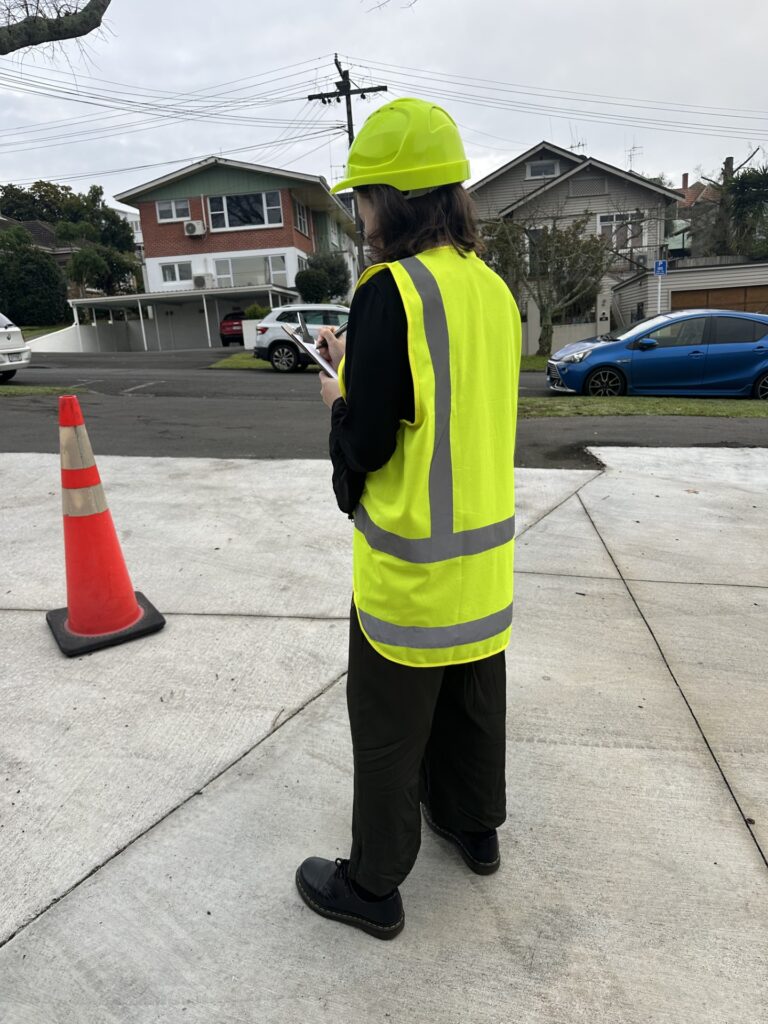
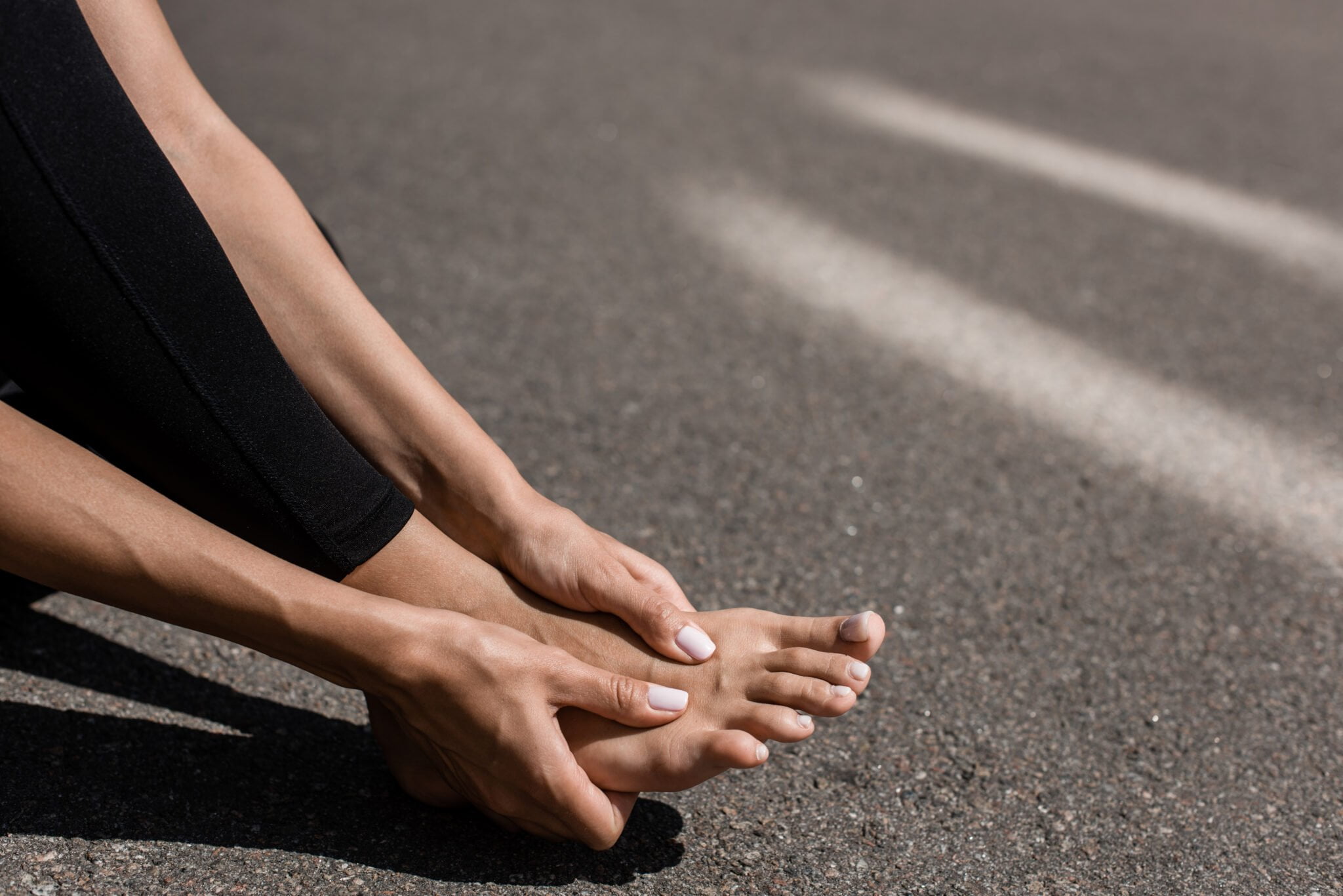
Your Footwear
When you put on your work shoes, they become the new ground beneath your feet. This is where good shoes can help support and direct the function of the feet, helping to prevent the overuse that can lead to foot aches and fatigue. Take workboots on building sites, for example. Yes, the protective element of workboots make them a standard site requirement, but some boots (like the Grisport work boots) go the extra mile in the level of ankle support they offer. Without good ankle support, your ankle may be more prone to rollingand giving way, especially when walking over uneven ground or navigating stairs or ladders. Even when your ankle doesn't roll (to the point of a sprain), without support from your boots, the muscles around your ankles will be having to work harder to keep your feet balanced and stable, which increases the liklihood of end-of-day aches and fatigue. This is also why it's recommended to replace shoes when you feel like they're worn and are no longer adequately supporting your feet.
As for our preferred Grisport work boot range, like any shoewear brand, there is a large range of quality features and styles which means that one single model is not going to work for everyone. This is where our podiatrists can help choose the best option for you.
Muscle Imbalances
Having tight or weak muscles can cause muscle imbalances. Having a muscle imbalance means that other muscles and parts of our body have to work harder to compensate. When you're on your feet all day, and these compensations are happening all day long when some muscles ay be overexerted, this can lead to tired and achy legs and feet. Common examples of imbalances we see include having a tight Achillies, and weak glutes. It's important to consider your level of flexibility - some people may be naturally hypermobile, while others may be very tight and stiff in general. If you're not sure where you sit on this scale - or you've had recurring injuries in the past (which are the most accurate predictor of future injury if no further action is taken), then its time to see a Podiatrist.
Existing Foot or Leg Dysfunction or a Previous Injury
When you already have a foot or leg problem, or you've had a previous injury, it's more then likely that this area has some dysfunction or is weakened in some way, especially if there was no full rehab program following a past injury. In this case, you may also be having muscle compensations (like we described above) that lead to overuse, increase the liklihood of foot fatigue and aches.
Blood Flow and Circulation Problems
Your body (particularly your veins) have to work hard against gravity to bring blood and fluid up to your legs and back to your heart when you're standing all day. This is a big demand, and so can lead to swelling in the feet and legs, varicose veins and other vein problems, alongside leaving your feet and legs feeling heavy and tired. You may be particuarly vulnerable if you have any existing circulation problems.
Bodyweight and Age-Related Changes
The greater your bodyweight, the more strain on your feet and legs, and the higher liklihood of getting tired and achy feet. Natural age-related changes can also play a role. In our clinic, we see changes such as fat pad atrophy, where the fat pad beneath the heel and forefoot either wear down or displace, increasing the stress and forces on the feet over the course of the day. Changes to a person's joint range of movement (where they grow progressively stiffer as they age), ability to adapt and change to different environments and surfaces, and other age-related changes may also play a role.
How Do You Stop Getting Tired, Achy Legs During And After Work?
The simple answer is that you identify the underlying causes of your tired, achy legs, and then you put the right measures in place to best support your feet. The more detailed answer is that we perform an assessment that looks extensively at any imbalances, weakness or movement restrictions, alignment or postural issues, footwear concerns, and any other problems that are leading to the symptoms you're experiencing. We pair this with the information we have about your work, lifestyle and medical history, and create a management plan that is uniquely tailored to your circumstances. This will vary from person to person, and examples of what this may include are:
- Foot orthotics (insoles) to better support support the feet and adjust their function or alignment to help reduce stress, reduce additional demands on the feet, and help optimise foot function
- Changing shoes to ones that best match the features needed for the unique characteristics of your feet, your occupation, your environment and your lifestyle.
To book an appointment with our podiatry team here at Waikato Podiatry, call us on 07 838 0003, or use our online booking portal.
